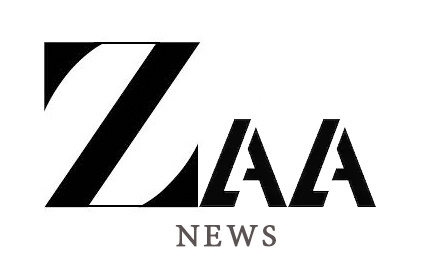Trump’s Election Signals New Challenges for International Diplomacy and U.S.-U.N. Relations
Donald J. Trump’s projected return to the White House raises significant questions about the future of international diplomacy and U.S.-U.N. relations. Known for his “America First” stance during his previous term, Trump’s re-election brings a likely shift in U.S. foreign policy that could affect alliances, multilateral agreements, and U.N. agendas. This return could mean reduced support for initiatives on climate change, international aid, and multilateral diplomacy, potentially impacting global issues where the U.S. has historically played a major role.
Trump’s approach to the United Nations in his previous term was marked by skepticism and a reduction in U.S. financial contributions, which created tensions with global allies. This time, his administration may focus more on U.N. reform, possibly pushing the organization to adopt changes aligned with American interests. Such moves could create friction with other nations, particularly those championing global cooperation on climate, health, and security.

Key players in the U.N. are expected to watch closely how Trump’s policies evolve in the coming months. As leaders around the world respond, this shift could redefine America’s role in global diplomacy and set a new tone for multilateral engagement in the years ahead.





